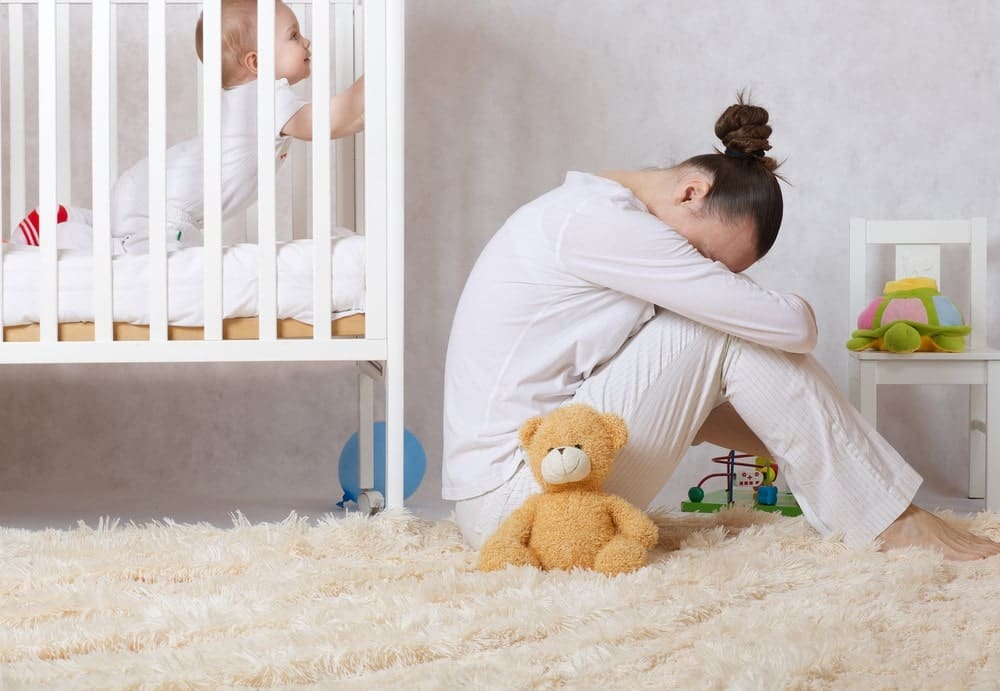Being told you have an ovarian cyst often leaves you with more questions than […]

According to the American Psychiatric Association, up to 1 in 7 women may experience postpartum depression; unlike baby blues, it doesn’t usually go away on its own without treatment.
Baby blues can be common (up to 70% of all new mothers) and usually manifest in women feeling a little down, tearful or anxious in the first 1-2 weeks of giving birth; these symptoms typically resolve on their own, and usually do not interfere with your ability to carry out daily activities.
If symptoms start later or last longer, there is a possibility that you may be having postpartum depression rather than a simple case of baby blues. Women with PPD may face significant impedance and difficulty in going about their daily lives.
Symptoms of postpartum depression vary between individuals but can include one or more of the following:
If the fore-mentioned symptoms are severe or last longer than 2 weeks, you should seek help. Remember, seeking help is NOT a sign of weakness – it is not your fault and you should not perceive yourself as a bad parent.
Postpartum psychosis is rare, occuring in 1-2 every 1000 deliveries[1], but extremely serious, requiring immediate medical attention.
Symptoms of postpartum psychosis are more extreme than depression and may include:
In some cases, women with postpartum psychosis may have a personal or family background of bipolar disorder or schizophrenia, or may have developed it following a previous pregnancy.
PPD can appear days or months after childbirth, and can last for weeks, months or more if untreated.
Although PPD can affect any woman, there are some women who can be at increased risk of developing PPD. These include:
Yes, postpartum depression is curable with proper treatment. It is important to seek treatment as children of mothers with postpartum depression who are untreated are at greater risk of cognitive, emotional, developmental deficits and impaired social skills[2].
The first line therapy for PPD generally includes psychotherapy if the depression is mild; if the depression or anxiety is severe, medications are usually required – these should be instituted together with lifestyle modifications within a supportive social network.
Support groups, exercise, carving out time for yourself and eating healthily can also go a long way in helping you overcome postpartum depression.
If you suspect that you may be suffering from postpartum depression, you should contact any medical professional – be it your ObGyn, your general practitioner or a therapist to seek help early. Prompt assessment is important and referrals can then be made to a psychologist, psychiatrist or mental health professional. Remember – you are not alone!
There is no proven way to prevent PPD – even women who had smooth sailing pregnancies and deliveries with great social support networks can develop PPD. With greater awareness, however, you and your partner can be on the lookout to ensure early recognition of the symptoms of PPD so that prompt help and treatment can be sought.
References
Being told you have an ovarian cyst often leaves you with more questions than […]
Chronic bloating. Lower back pain. Fatigue that lingers even after rest. These are symptoms […]
Many women live with Polycystic Ovary Syndrome (PCOS) without realising fact from fiction. This […]





Aster Gynaecology © | All Rights Reserved.